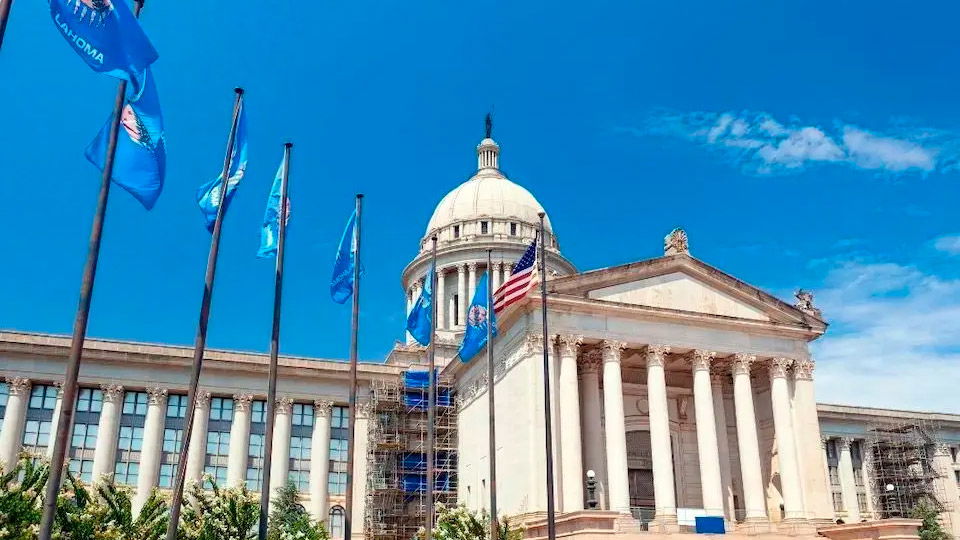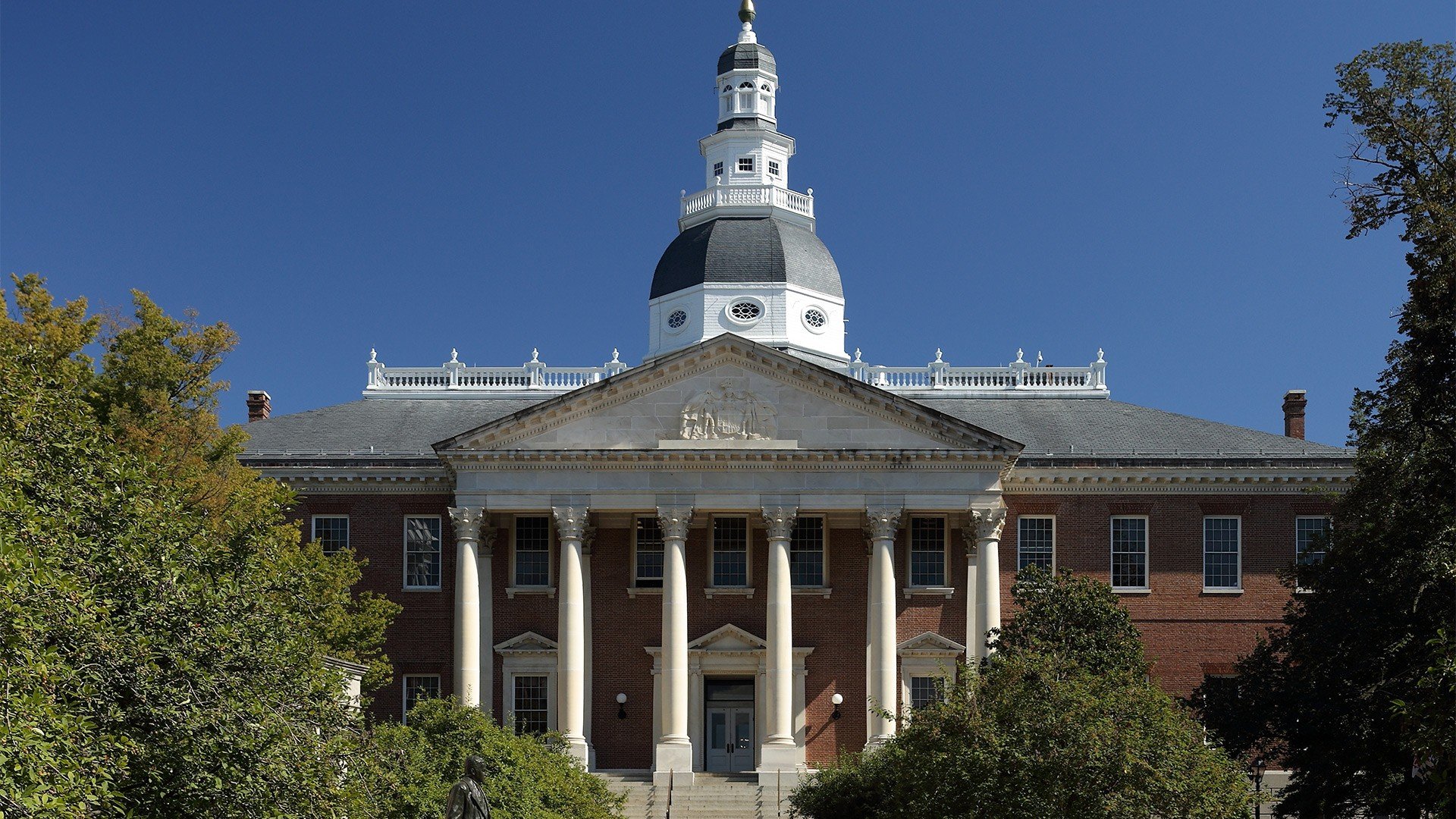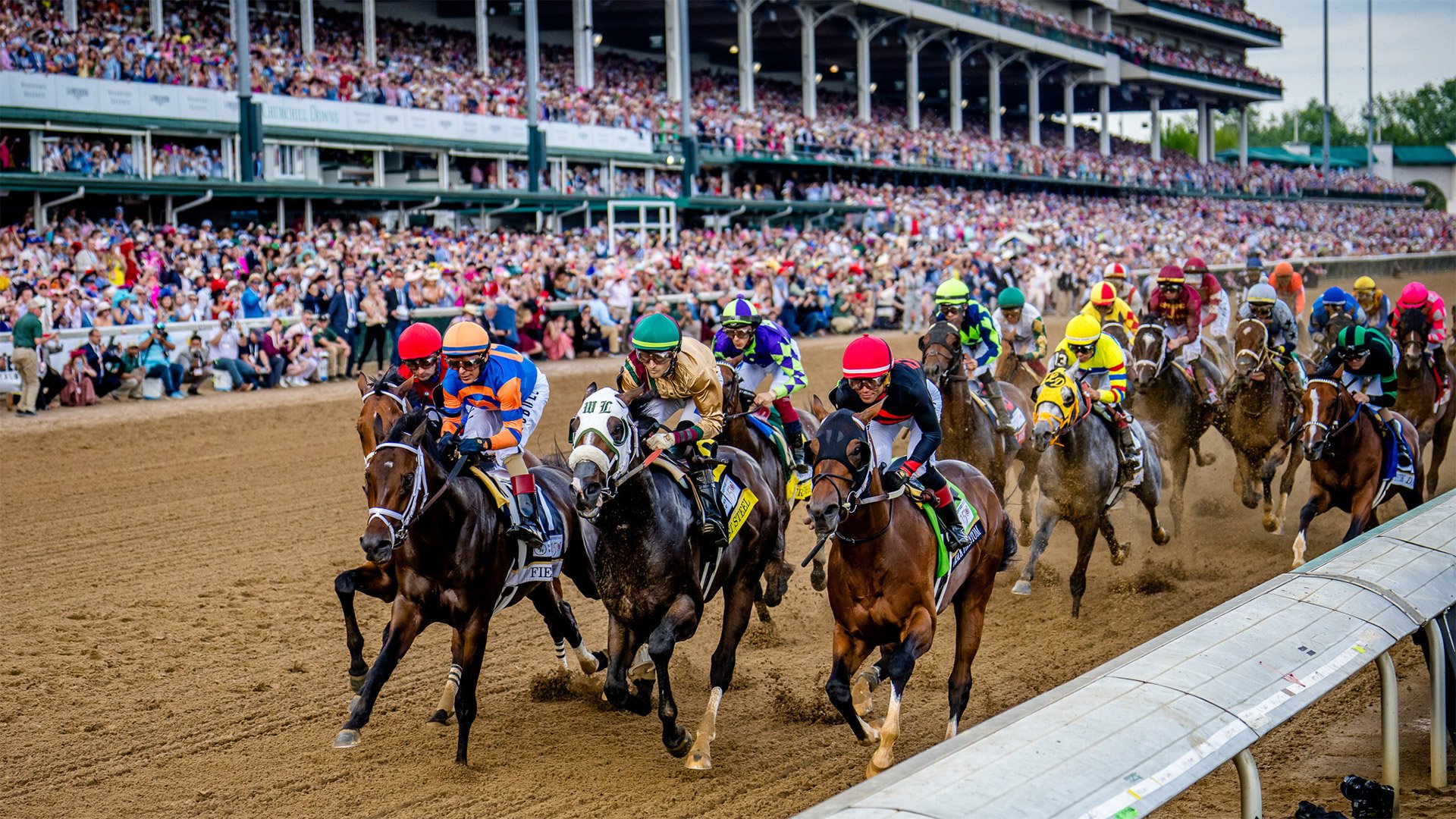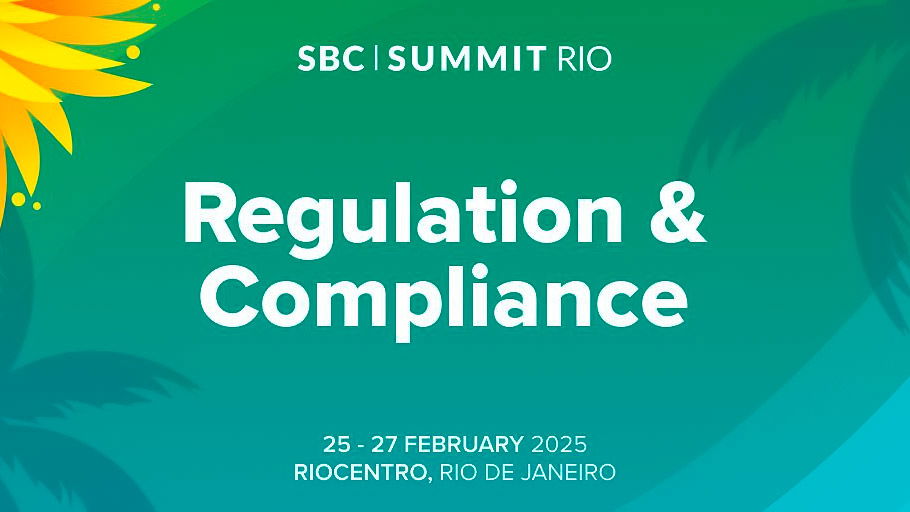NCAA calling for changes to sports betting laws to protect student-athletes

The National Collegiate Athletic Association (NCAA) said it is committed to advocating for updated sports betting laws in state legislatures across the US. The association said its primary goal is to ensure the protection of student-athletes from harassment and coercion, as well as to address the potential negative impacts associated with gambling and safeguard the integrity of its athletic competitions.
Over the past five years, 38 states have passed laws to legalize sports betting. While some of these laws contain robust protection and integrity measures, many lack these crucial safeguards, said the NCAA.
As part of its endeavors to safeguard its competitions, the NCAA conducted surveys of student-athletes, engaged with relevant stakeholders and analyzed laws and regulations across the country. This resulted in the identification of model legislative provisions recommended for states to enact. These provisions aim to protect student-athletes, coaches, referees and staff of college athletic institutions from harassment and game-related issues, while strengthening integrity safeguards.
"The NCAA is making changes to help student-athletes make smart choices when it comes to sports betting, but given the explosive growth of this new industry, we are eager to partner with lawmakers, regulators and industry leaders to protect student-athletes from harassment and threats," NCAA President Charlie Baker said.
"Some states have great policies on the books to protect student-athletes from harassment and coercion and to protect the integrity of the games, but as more states pass or amend laws, more needs to be done."
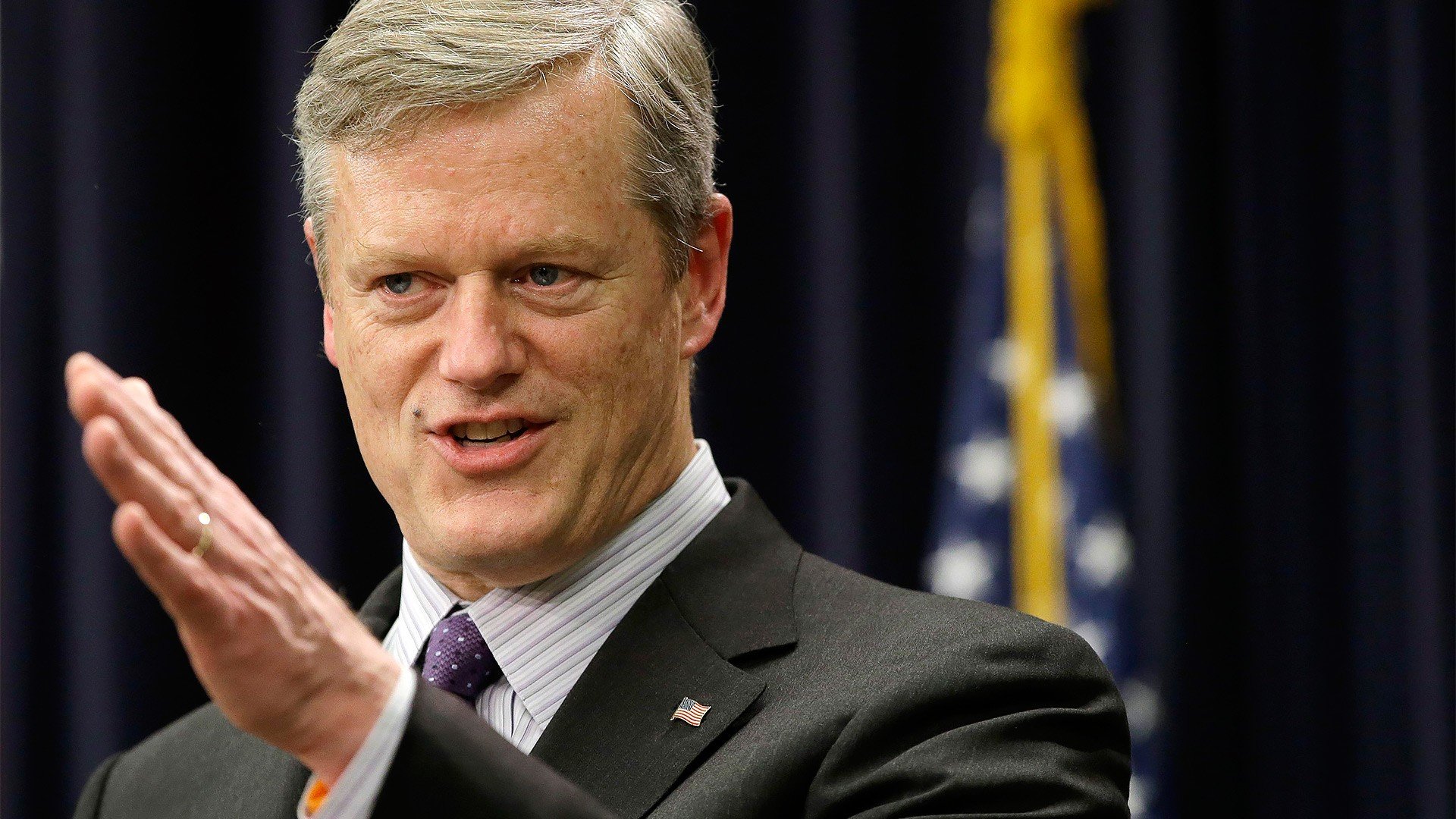
Given that many states are still considering legalizing sports betting, the NCAA said it intends to work with legislators to incorporate these provisions into laws under discussion. All of the provisions advocated by the NCAA are already in place in at least one state, but not all, creating disparities and exposing student-athletes to unnecessary risks, the association stated.
The proposed measures include implementing mandatory reporting hotlines for gambling officials to report harmful behavior to police, increasing penalties for bettors who harass student-athletes, and promoting mandatory education to help operators identify harassment.
In addition, to protect the integrity of sports competition, the NCAA called on states to establish regulations that identify individuals prohibited from betting and prevent people under the age of 21 from participating in sports betting.
Any advertising related to sports betting should include information on hotlines for reporting harassment and problems with gambling, added the NCAA. Finally, part of the revenue generated by sports betting should be earmarked for education in order to support at-risk university students, including student-athletes.
Morgyn Wynne, vice president of the Division I Student-Athlete Advisory Committee, pointed out: "We are in a time where student-athlete health and well-being is the main priority. With the legalization of sports betting, it is imperative that we take a proactive approach to protecting student-athletes from the potential of negative engagement with bettors.
"Thirty-eight states have clearly passed 38 different laws, but one thing that needs to be consistent across all is prioritizing the student-athlete experience and preventing harmful activity that jeopardizes the integrity of sports."
Sports betting scandals increase calls for stricter laws
The call for stricter legislative measures in relation to college sports betting is gaining prominence amid a series of investigations that have hit the NCAA, involving gambling that includes athletes and coaches. One notable example is the case of former University of Alabama head baseball coach Brad Bohannon, who was fired due to suspicions of involvement in irregular betting related to the team.
In addition, the University of Cincinnati's baseball team was also the target of an investigation involving two members of staff. The universities of Iowa and Iowa State saw several of their athletes under investigation due to suspected involvement in sports betting, resulting in criminal charges for seven athletes and former athletes.


